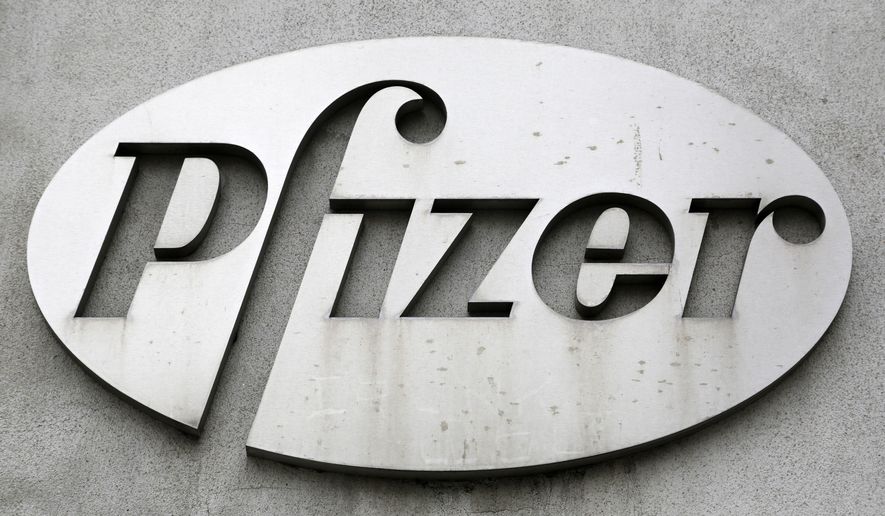Drugmaker Pfizer said Wednesday it has begun a late-stage human trial of an influenza vaccine that uses the pioneering messenger-RNA deployed widely for the coronavirus.
The New York-based company said the first of 25,000 participants had been given a dose as it evaluates the safety and efficacy of the shots against the flu, which causes 12,000 to 52,000 deaths in the U.S. each year and hospitalizes many more.
The shots in the study are encoded for strains that are expected to be prevalent in the Northern Hemisphere during the 2022-2023 flu season.
Each year, scientists adapt the flu shot to match circulating flu strains, but the shots confer about 40%-60% protection. Pfizer is betting that mRNA technology can do better.
“For years, there has been a need to better address the burden of influenza, despite the use of existing seasonal flu vaccines. Our experience with RNA viruses and mRNA technology has given us an even deeper understanding of the opportunity to potentially provide more efficacious vaccines that could further reduce the yearly rates of the severe outcomes of viral disease like flu, including hospitalization and death,” said Annaliesa Anderson, the senior vice president and chief scientific officer for vaccine research and development at Pfizer.
Messenger RNA is a groundbreaking technology that uses a snippet of genetic code, encased in bubbles of fat, that instructs the body to recognize and combat a pathogen.
The technology is being used in the coronavirus vaccines from Pfizer-BioNTech and Moderna, which are the dominant options in the U.S. and many other countries.
Scientists are intrigued by the technology because it is relatively adaptable. Drugmakers only need to plug in the genetic sequence of a virus to develop the basic framework of the vaccine. Pfizer says that flexibility can help scientists match shots to circulating flu strains and make vaccines quickly.
“The flexibility of mRNA technology and its rapid manufacturing could potentially allow better strain matches in future years, and in a pandemic influenza situation, mRNA technology could allow rapid, large-scale manufacturing of vaccines,” the company said.
• Tom Howell Jr. can be reached at thowell@washingtontimes.com.




Please read our comment policy before commenting.